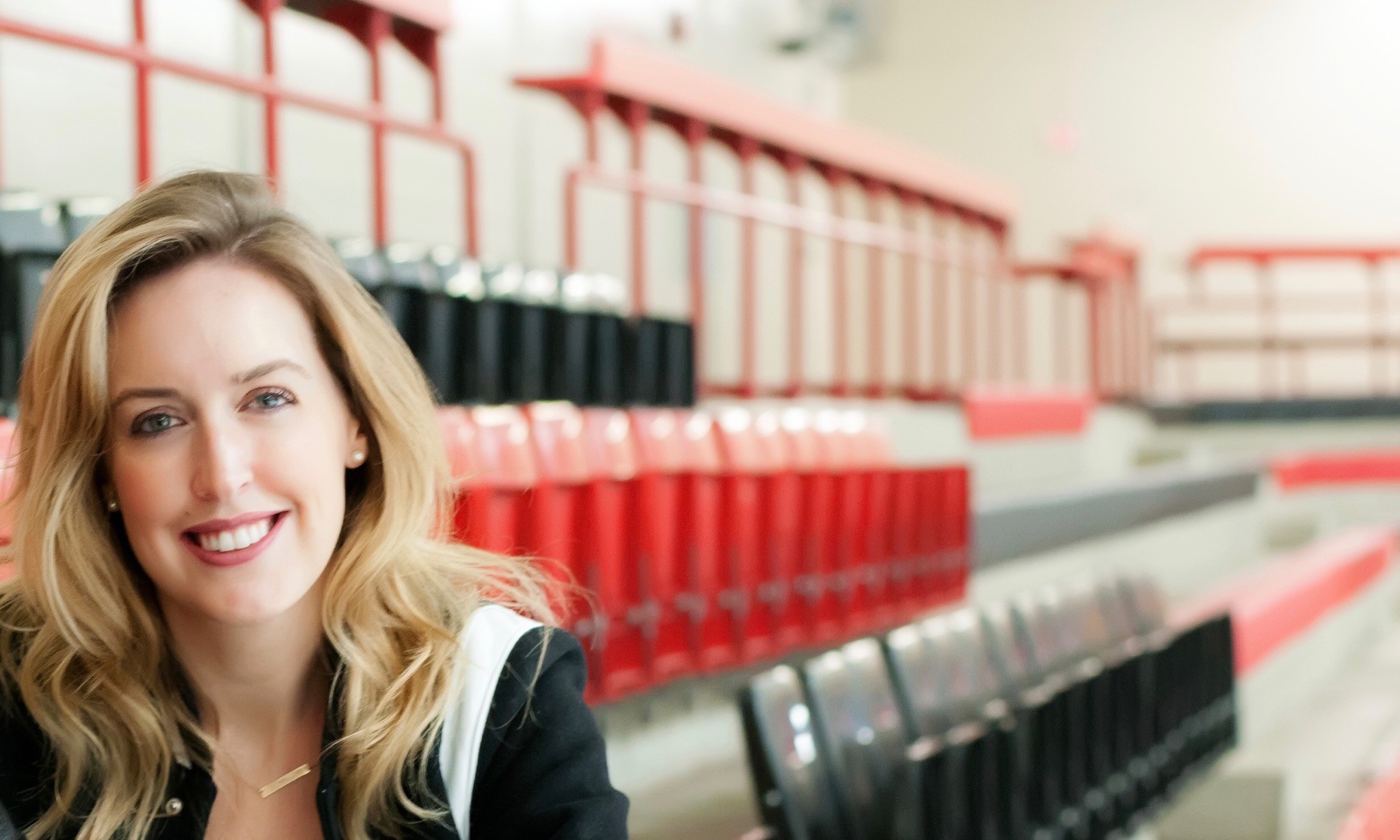- Home
- About Us
- The Team / Contact Us
- Books and Resources
- Privacy Policy
- Nonprofit Employer of Choice Award

 When people talk about sport, philanthropy isn’t top of mind. Neither is crowdfunding. Sport funding is changing and government support is becoming harder to come by, but the money is out there - you just need to find it. One of the best – and most effective – tools is crowdfunding. When you think about it, a crowdfunding campaign is similar to sport - it’s time sensitive, there’s a very clear goal and it’s competitive. Whether it’s at the national level to represent your country, at the university level to pay for training camps, or at the local level to afford extra equipment, crowdfunding has a great return on investment. In this first instalment of a three part series on sport crowdfunding, we’re taking a look at how some determined and resourceful women powered themselves by the people willing to give them a chance to compete on the world’s biggest stage.
When people talk about sport, philanthropy isn’t top of mind. Neither is crowdfunding. Sport funding is changing and government support is becoming harder to come by, but the money is out there - you just need to find it. One of the best – and most effective – tools is crowdfunding. When you think about it, a crowdfunding campaign is similar to sport - it’s time sensitive, there’s a very clear goal and it’s competitive. Whether it’s at the national level to represent your country, at the university level to pay for training camps, or at the local level to afford extra equipment, crowdfunding has a great return on investment. In this first instalment of a three part series on sport crowdfunding, we’re taking a look at how some determined and resourceful women powered themselves by the people willing to give them a chance to compete on the world’s biggest stage.
Recently, three Nigerian women became the first ever African bobsled team to qualify for the Olympics. From the racetrack to the frozen track, these Nigerian sprinters changed history. After completing the last of 5 required races, Seun Adigun, Ngozi Onwumere and Akuoma Omeoga solidified their spot in competing at the Pyeongchang winter Olympics.
How did the trio do it? Dedication. Grit. Teamwork. And crowdfunding.
Echoing the famous Jamaican foursome from the 80’s, Adigun constructed a makeshift wooden sled. With lack of funding to support them, the team started a GoFundMe crowdfunding campaign. It raised $75,000 including a $50,000 gift from an anonymous donor- covering what was necessary to make it to the Olympics. The support of philanthropy has not only leveraged a community to create an opportunity for its athletes but has given the chance for women to change the history of sport in their country.
Crowdfunding seems to be the only decision some women have in their bid to make it to Pyeongchang. Mica McNeill, a bobsled world champion, has been forced to fund her way to the Olympics through a GoFundMe page. Due to mismanagement of the British Bobsleigh there is no longer any funding available for women’s programming. She has over-exceeded her goal of raising £30,000, with the campaign currently at £40,800. With funding still available for men’s teams, McNeill believes this is a major setback for women in sport.
“If we don’t compete it’s a massive setback for women in bobsleigh in general. It’s not a good look to be supporting only men’s teams. If young people aren’t able to see female role models how can we get girls involved in sport?”
Through determination and the good will of the public, these women have beat the odds and are on their way to Pyeongchang.
Crowdfunding as a fund development tool leverages the passion of a community. In all areas of giving, it is important to connect your supporters to the individual. Who exactly is being helped? Why exactly do they need the money? And, most importantly, where will the donor’s money go? Crowdfunding provides the perfect platform to fulfil these questions – it is direct, it is personal and the outcome of the fundraising is clear.
Beyond crisis fundraising – as we’ve seen with athletes who’ve lost Olympic funding, sport federations can use crowdfunding as a strategic tool in raising funds to support their annual operations – supporting developing athletes, kick starting grassroots programming, or making sure their elite-level athletes have everything it takes to make it to the podium. When an organization leverages this tool as part of a professional fund development portfolio, it has the power to transform the philanthropic conversation within its community of supporters.
Stay tuned for a look at crowdfunding in college sports with some tips and tools on how to run a successful campaign for your teams while engaging your alumni community.
Samantha is co-founder of Relate Social Capital, whose specialty is building – and implementing – revenue generating programs that effectively engage key stakeholders and raise funds. Her twitter handle is @samanthalrogers